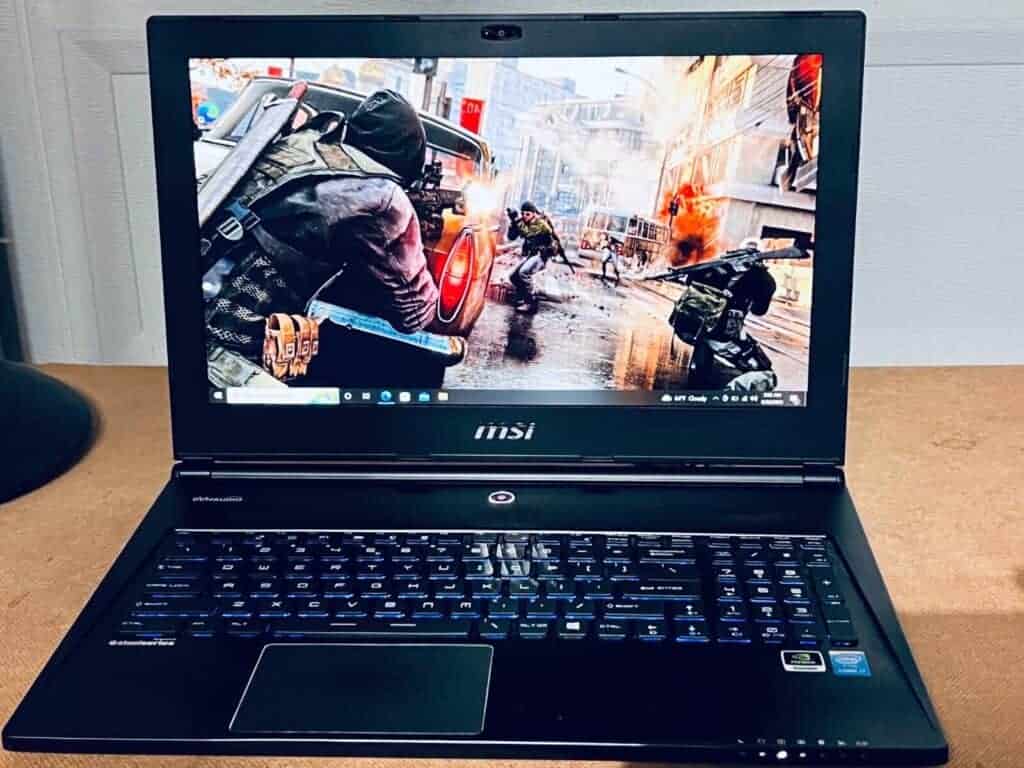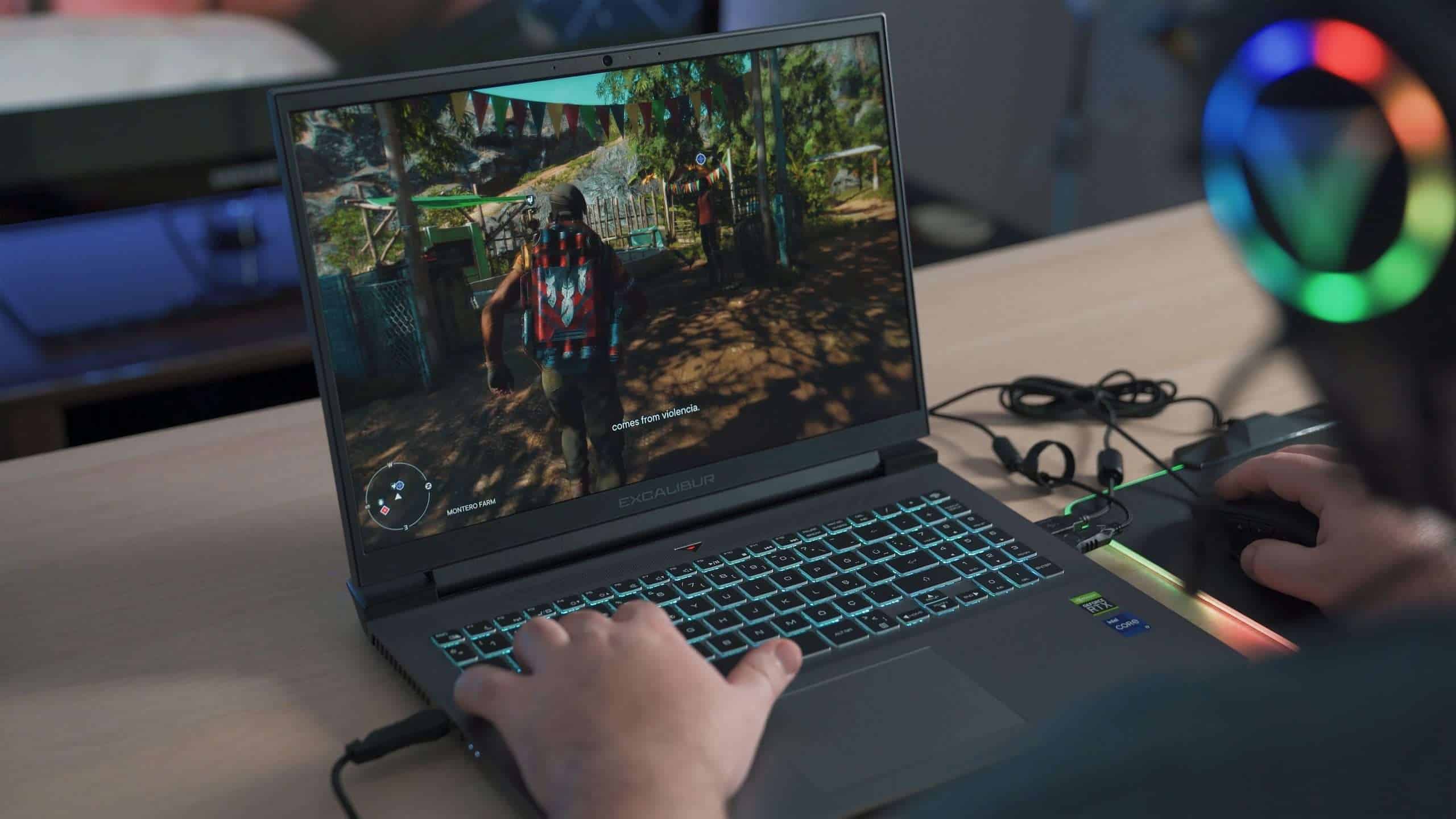As we approach 2025, the landscape of laptop gaming is set for exciting changes. Technological advancements promise more powerful and efficient machines, potentially making laptops an even more attractive option for gamers. However, the inherent limitations of portability and upgradability persist. Whether a gaming laptop is the right choice for you in 2025 depends on your individual needs and priorities. Consider factors like budget, desired performance, and portability before making your decision. Gaming laptops have sparked debates among enthusiasts and professionals alike, often polarizing opinions.
This article aims to break down the intricacies of laptop gaming, examining both its advantages and disadvantages. We’ve sourced information from top-ranking articles and user discussions to present a balanced perspective. In conclusion, the choice between a gaming laptop and a desktop PC comes down to personal preference and specific needs. Whether you value portability and style over upgradeability and cost-effectiveness will guide your decision. Gaming laptops continue to evolve, bridging the gap between mobility and high-end gaming experiences.
Weighing the Options: Laptop Gaming in 2025
Pros and Cons at a Glance
| Pros | Cons |
|---|---|
| Portability | Price |
| Space-saving | Upgrade limitations |
| All-in-one | Heat and noise |
| Technological advancements | Battery life |
Advantages of Laptop Gaming
- Portability: The most obvious perk is portability. You can game anywhere with a power outlet – your couch, a coffee shop, or even on a plane.
- Space-saving: Laptops take up far less space than a full desktop setup, ideal for those with limited room.
- All-in-one: No need to buy a separate monitor, keyboard, or mouse. Everything you need is built in.
- Technological advancements: Gaming laptops are getting more powerful every year, with better graphics and faster processors.
Disadvantages of Laptop Gaming
- Price: Compared to a desktop with similar specs, gaming laptops are generally more expensive.
- Upgrade limitations: Upgrading components in a laptop is often tricky or impossible, limiting its lifespan.
- Heat and noise: Powerful components crammed into a small space can lead to overheating and loud fan noise.
- Battery life: While improving, battery life during gaming is still limited, requiring frequent charging.
Key Considerations for 2025
- Next-gen GPUs: New graphics cards are expected in 2025, potentially offering significant performance boosts.
- Mobile CPUs: Advances in mobile processors will likely lead to even faster and more efficient laptops.
- Price drops: Current-gen laptops may see price reductions as newer models hit the market.
Pros and Cons of Laptop Gaming: In Depth
| Pros | Cons |
|---|---|
| Portability: Play games anywhere with a power outlet. | Bulkier and heavier: Not as travel-friendly as smaller laptops. |
| Powerful hardware: Handles demanding games and other tasks. | Lower performance: Generally less powerful than comparable desktops. |
| All-in-one solution: Includes screen, keyboard, trackpad, reducing clutter. | Upgradeability: Limited compared to desktops, futureproofing can be difficult. |
| Convenience: Easy to set up and use, no assembly required. | Heat: Can run hot under heavy load, impacting performance and comfort. |
| Multitasking: Can be used for gaming, work, and other activities. | Battery life: Limited gaming time on battery, often requiring an outlet. |
| Flexibility: Can connect to external monitors, keyboards, and mice. | Price: More expensive than comparable desktops due to portability and size. |

The Appeal of Gaming Laptops
Portability and Convenience
One of the most lauded aspects of gaming laptops is their portability. The ability to take your gaming setup anywhere – from coffee shops to airports – adds a layer of convenience unmatched by desktop PCs. These devices are not just for gaming; they serve as fully functional computers, suitable for work, entertainment, and study.
Stylish and Compact Designs
Gaming laptops often boast a unique aesthetic, characterized by sleek colors, RGB keyboards, and distinctive shapes. Unlike traditional laptops, where design can be an afterthought, gaming laptops stand out with their style.
No Limitations on Gaming Choices
Thanks to powerful hardware, gaming laptops don’t limit the types of games you can play. From casual indie games to the latest AAA titles, these machines are built to handle a wide range of gaming experiences.

All-in-One Functionality
A significant advantage of gaming laptops is that they negate the need for separate peripherals like monitors, keyboards, or mice. This all-in-one feature is a boon for those with limited space or who prefer a minimalistic setup.
Challenges and Limitations
High Cost and Budget Concerns
One of the primary drawbacks of gaming laptops is their cost. They tend to be more expensive than desktops, partly due to the compact and specialized hardware required.
Battery Life and Power Management
Gaming laptops often struggle with battery life due to the power-hungry components. Even with advanced battery technology, these devices require frequent charging, especially during intensive gaming sessions.
Heat Management and Durability
The compact design of gaming laptops makes heat management a challenge. Overheating not only affects performance but can also shorten the lifespan of the device. High-end gaming laptops often include advanced cooling systems, but these can add to the cost.
Upgrade Limitations
Unlike desktop PCs, gaming laptops offer limited upgrade options. While you might be able to increase RAM or storage, major hardware upgrades are often not feasible. This limitation affects the device’s longevity as newer games and software become more demanding.
Comparing with Desktop Gaming
When deciding between a gaming laptop and a desktop, consider factors like portability, budget, and performance needs. While laptops offer flexibility and space-saving designs, desktops provide better performance, upgradeability, and often, a more favorable price-performance ratio.






